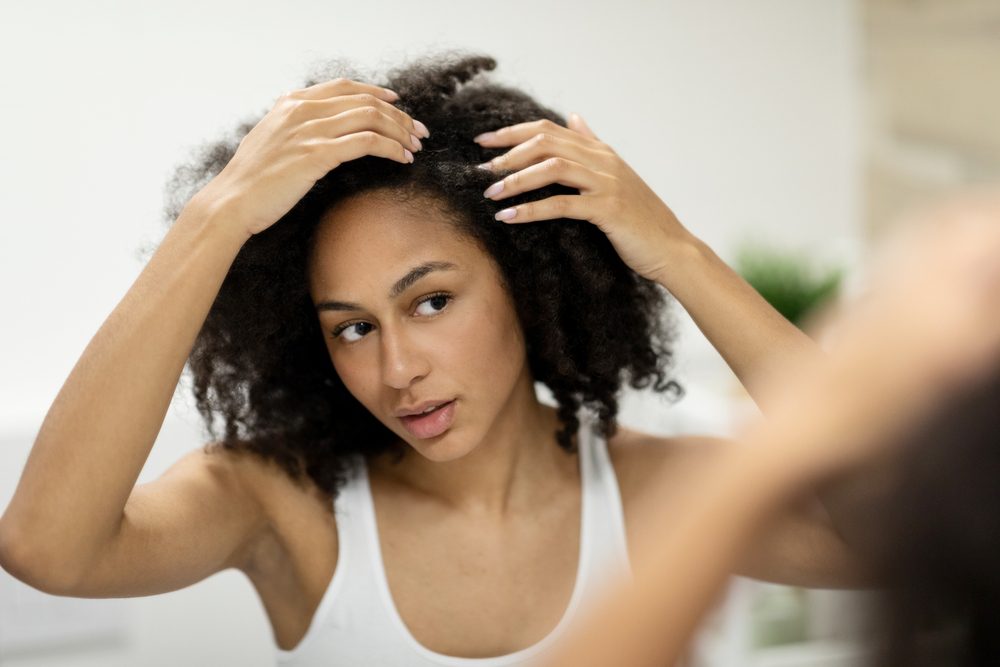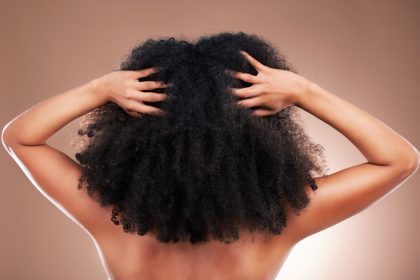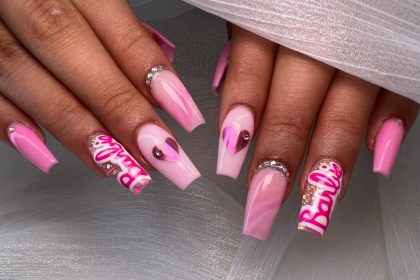That maddening itch on your scalp isn’t just annoying — it’s actually your head screaming for help. Whether you’re dealing with flakes falling like snow or that burning sensation that makes you want to scratch until sunrise, scalp irritation affects millions of people daily. The good news? You don’t have to suffer in silence anymore.
Recent dermatological research shows that problems with your head’s skin stem from more sources than most people realize. From the pollution you breathe to stress from your boss, your skin is constantly under attack. But here’s the thing: once you understand what’s causing your discomfort, fixing it becomes much easier.
The surprising culprits behind your head drama
Your scalp irritation might not be coming from where you think. Sure, that cheap shampoo could be the villain, but environmental factors play a huge role too. Air pollution, harsh winter winds, and even that weekend beach trip can strip your scalp of its natural protective oils faster than you can say “dandruff.”
Chemical treatments are another major offender. Hair dyes, perms, and those heavy-duty styling products you love might be creating chaos up there. These products can throw off your scalp’s delicate pH balance, leading to everything from mild itchiness to full-blown irritation that keeps you up at night.
But here’s what might shock you: stress and your diet are secretly sabotaging your scalp health. When you’re stressed, your body produces hormones that can trigger conditions like seborrheic dermatitis. Meanwhile, if your diet lacks essential nutrients like zinc and omega-3 fatty acids, your scalp’s natural defenses weaken, making it more susceptible to irritation.
Game-changing ingredients that actually work
Zinc pyrithione: The dandruff destroyer This powerhouse ingredient doesn’t mess around when it comes to fighting fungal overgrowth. It targets the root cause of dandruff while being gentle enough for regular use. You’ll find it in many over-the-counter shampoos, and it’s been clinically proven to reduce flaking and itching.
Salicylic acid: The buildup buster Think of salicylic acid as your head’s personal exfoliator. It gently removes dead skin cells and product buildup that can clog hair follicles and cause irritation. This ingredient is particularly effective for people dealing with psoriasis or stubborn dandruff.
Ketoconazole: The inflammation fighter This antifungal ingredient is like bringing out the big guns for persistent scalp issues. It’s especially effective against conditions caused by yeast overgrowth and can provide relief when other treatments have failed.
Natural oils: The moisture miracle workers Argan oil and coconut oil aren’t just trendy — they’re scientifically backed solutions for dry, irritated scalps. These oils provide deep hydration without causing the greasy buildup that can make problems worse.
The smart approach to scalp treatment
Starting too aggressively with scalp treatments is like trying to put out a fire with gasoline. Your irritated scalp needs gentle care first, then you can gradually introduce stronger solutions. Begin with mild, hydrating products for at least a week before adding any medicated treatments to your routine.
Frequency matters more than you think. Using even the best products too often can backfire spectacularly. Most medicated shampoos should only be used 2-3 times per week initially, then reduced to once or twice weekly for maintenance once your symptoms improve.
The layering technique can maximize your results. After using a medicated shampoo, follow up with a hydrating scalp mask or serum. This one-two punch addresses the underlying issue while preventing your head from becoming overly dry or irritated.
Lifestyle hacks that support scalp healing
Stress management isn’t optional Chronic stress literally inflames your scalp. Incorporating daily stress-reduction techniques like meditation, yoga, or even just a 10-minute walk can significantly reduce flare-ups. Your skin reflects your internal state more than you realize.
Feed your skin from within. Salmon, avocados, and leafy greens aren’t just Instagram-worthy foods — they’re superfoods for your hair and skin. These nutrient-dense options provide omega-3s, vitamins, and minerals needed to maintain the protective barrier and help heal irritation.
Environmental protection strategies. Using a humidifier during dry months can prevent dryness. When heading outdoors in harsh weather, protect your head with a hat or scarf. After sweating or exposure to pollution, wash your hair promptly to prevent buildup.
Choosing products like a pro
Not all scalp products are created equal, and reading labels can save you from wasting money on ineffective solutions. Avoid products containing sulfates, parabens, and artificial fragrances if you have sensitive skin — these ingredients can worsen irritation even in products designed to help.
Medicated shampoos work best for specific conditions like dandruff or psoriasis, while scalp serums deliver concentrated nutrients directly where they’re needed. Exfoliating treatments can be game-changers for removing stubborn buildup, but they should only be used once or twice weekly.
Professional consultation can fast-track your results. A dermatologist can identify your specific condition and recommend targeted treatments, potentially saving you months of trial and error with over-the-counter products.
Maintaining your scalp success
Once you’ve conquered your scalp irritation, consistency becomes your best friend. Stick to gentle cleansing routines, maintain regular hydration, and don’t skip those occasional deep treatments that keep your head balanced and healthy.
Your scalp health journey doesn’t end when the itching stops — it’s an ongoing commitment to the practices that got you there. With the right approach, you can enjoy lasting comfort and confidence, knowing your irritation days are behind you.















